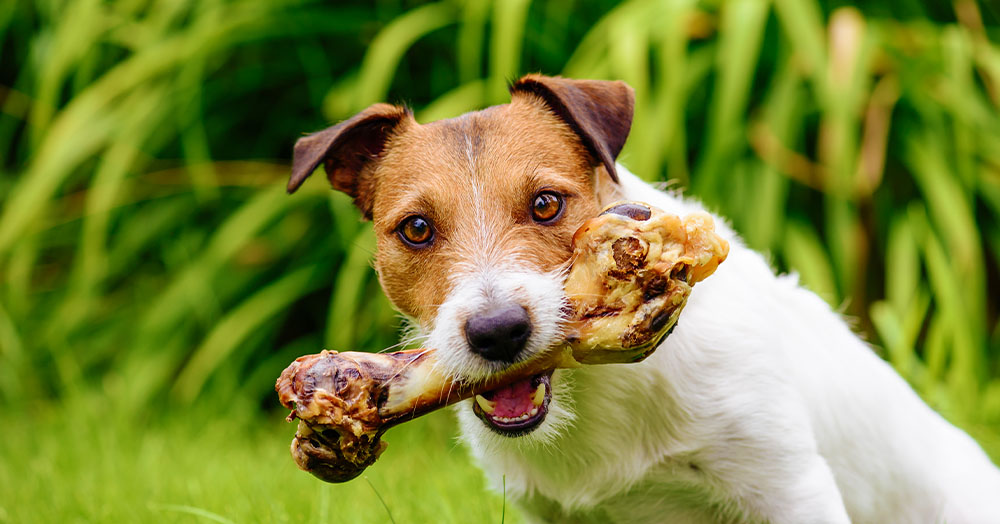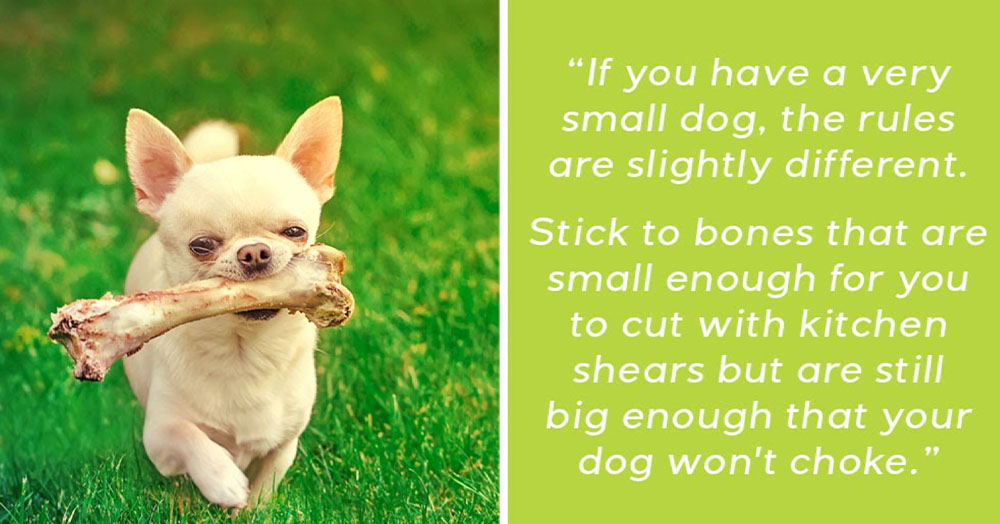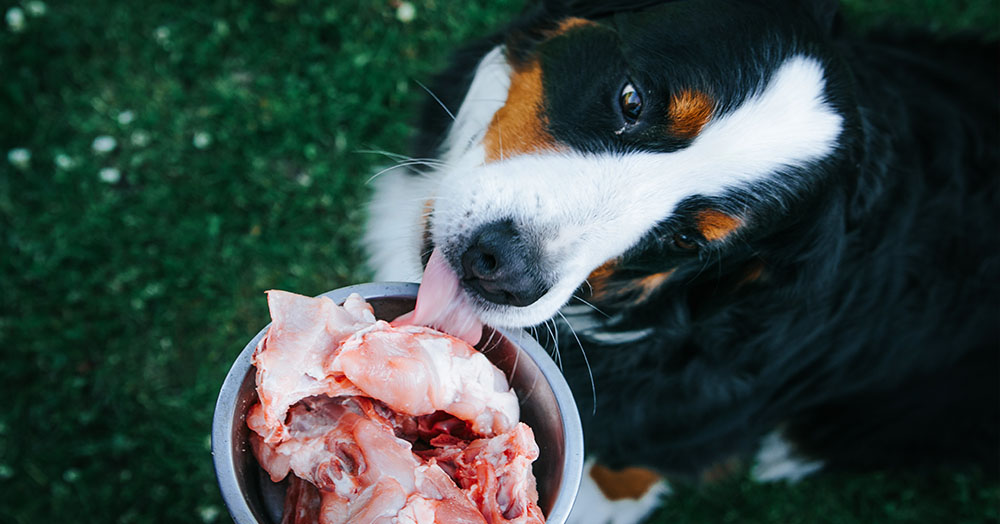Give Your Pet the Gift of Fresh Breath This Valentine’s Day
Getting covered in puppy kisses is one of the sweeter sides of pet ownership, but if your pooch has stinky breath, it’s a less pleasant experience. This Valentine’s Day, get your pets a gift you’ll all appreciate—fresher breath! And what’s the best way to make your pet’s breath fresher? Raw bones!
Chewing on raw bones for 30 minutes, 2-3 times per week, can dramatically improve your pets’ health and prevent medical complications down the road. It might sound strange, but there’s plenty of proof to back it up.

Here’s Why Raw Bones Make the Best Pet Gifts for Valentine’s Day
Stinky pet breath typically comes from plaque buildup. While regularly brushing your pet’s teeth can prevent plaque, let’s face it—most dogs aren’t exactly keen on the tooth brushing experience. It can be a hassle if you haven’t trained them to tolerate the toothbrush since the puppy days.
Some folks also opt for dental chews to give to their pets, but these are carbohydrate-based, contributing to more plaque buildup down the road. A fantastic alternative for cleaning their teeth is giving your pets some raw bones! That’s a gift they’ll definitely appreciate.
Picking the Right Raw Bones for Dog Gifts
In the wild, canines’ teeth stay clean from gnawing on the bones of their prey. While our goofy, lovable pets don’t typically seem like predators, they have wild hunter origins, and chewing bones is integral to their health.
There are some concerns about feeding your pets raw bones, such as splintering bones, broken teeth, or pieces obstructing their digestive system. While these concerns are justified, the issues are entirely preventable if you choose the right bones. Follow these guidelines for preventing injury and protecting your pet when giving raw bones as gifts:
1) Always Choose Raw
Cooked bones have softened and will splinter when chewed. Smoked bones may be too hard and can chip their teeth. Always opt for raw bones.
2) Stick to Medium-Sized Bones
Large, dense bones from big animals will be too hard for your pup to chew. Avoid leg bones or weight-bearing bones from bison or cows. Bones that are too small can increase the risk of swallowing a bigger chunk. Instead, stick to medium-sized bones that are larger than your dog’s mouth, so it isn’t easy for them to chew off a piece.
If you have a very small dog, the rules are slightly different. Stick to bones that are small enough for you to cut with kitchen shears but are still big enough that your dog won’t choke.

3) Find Bones With Meaty Bits
Gnawing on a bone does provide some cleaning, but it’s the actual act of pulling meat and gristle off the bone that does the real work. Pulling off all those stringy bits is the equivalent of flossing for dogs.
4) Supervise Your Pets While They Chew
Always watch your dogs while they chew on raw bones to ensure they don’t choke or break a tooth.
Gifts for Dogs: Edible vs. Recreational Bones
There are two main types of dog bones: edible and recreational. Edible bones, like chicken and turkey bones, are much softer and can be chewed up and eaten. They don’t contain any marrow, which is high in fat and can upset your dog’s stomach. Edible bones are full of vitamins and minerals, but they aren’t going to do a good job of cleaning your dog’s teeth, so they’re good as an occasional treat.

Recreational bones are larger, and your dogs can’t swallow them whole—they are designed for chewing. It’s best if they’ve got some meat and gristle still stuck to the surface. Knucklebones, goat bones, and lamb bones are excellent options because they’re harder but not quite as dense and hard as cow or bison bones. Marrow bones are a tasty treat for some dogs, but only in small amounts.
This Valentine’s Day, give your dogs a gift that everyone in the household will appreciate! Mother Nature has a fantastic selection of raw bones for dogs of different sizes, as well as plenty of other pet gifts for sale. Visit us soon, and we’ll help you find the best options for your furry companions!

